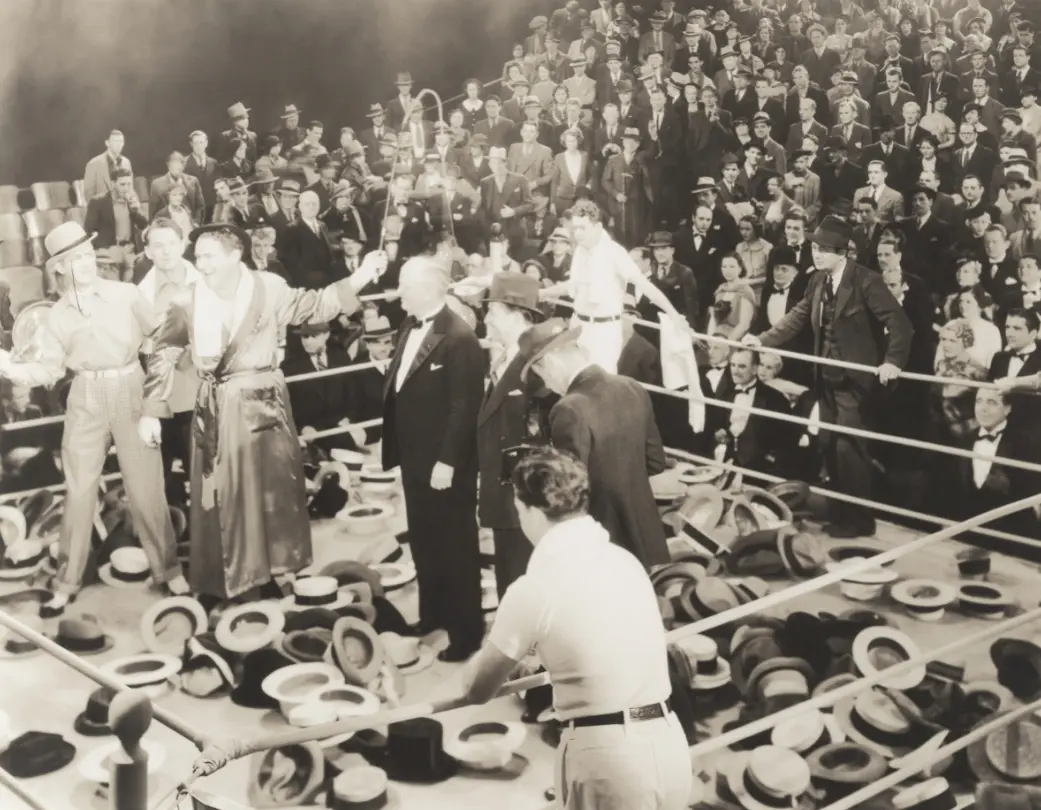
So a big event is coming up, and you know for sure it’s going to be the main source of online conversation for some time. Don’t let an opportunity to tap into that public excitement pass you by! Being aware of upcoming events and working them into your digital marketing strategy can create some great opportunities to get involved in the conversation—if you plan right.

After seeing how well content relating to national events can perform, it may be tempting to jump on just about anything and everything. Hold it right there! You need to be sure the event you’re planning on piggybacking is actually relevant to your business or it won’t make sense.
If an event or national awareness day is directly related to what your business is selling, then you really need to acknowledge it. For example, if your business sells spa treatments, you should definitely be jumping on ‘National Relaxation Day’.
If an event doesn’t directly relate, that doesn’t necessarily mean you should dismiss it—there can be ways of making it work. During the recent solar eclipse, the American food delivery service Door Dash made the event work to their advantage by offering free half moon cookies with orders made during the eclipse. That’s how it’s done!
If a sporting event is on the horizon as opposed to a national holiday or awareness day, you may not have as much creative freedom—there will be some guidelines that need to be followed.
Big brands will often pay to be attached to major sporting events as sponsors so if smaller brands want to piggyback the event too, there will be limitations as to what they can include in their content.
The Olympics, for example, outlines that you must not use the Olympic symbol in digital media. However, you can still get involved in the conversation, use hashtags trending throughout the event, and encourage discussions with your audience—avoiding anything that could be seen as controversial.
Alongside the major national events and holidays, there’s a whole array of weird and wacky awareness days that continually spring up, such as ‘More Herbs, Less Salt Day’ and ‘Star Wars Day’.
Whilst it’s impossible (and unnecessary) to acknowledge all these holidays, it’s wise to plan ahead and create a calendar, pinpointing the days that you intend to piggyback so you can plan ahead with content—be it a blog post, graphic or a simple Tweet.
If you can identify major events and awareness days that apply to your business well in advance, the better you can plan. You may want to leave aside some ad budget to boost content created for the event, or start promoting content in the run up. All of these things will be easier to prepare if you simply look ahead.
Whilst we’d recommend trying to plan ahead, there will be occasions when an obscure awareness day that could be linked to your business may pass you by—until you spot the hashtag trending on social media.
In this instance, rather than resigning to the thought that it’s too late to get involved, be prepared to be reactive and put together a quick social post, or at least engage with the hashtag and get involved in the conversation. Better late than never!
Similarly, you may have to prepare to be reactive if something happens to overshadow the event you plan to piggyback. In this instance, despite planning ahead and preparing content, you may need to accept that it might be more appropriate to hold that content back. It could be seen as bad taste if a brand is celebrating Doughnut Day while the rest of the world mourns a national tragedy.
Follow our advice and you’ll start to see how piggybacking national events and awareness days can be a great way to reach out and engage your digital audience.
Got questions? Get in touch!
You'll receive an email update every 2 weeks with insight and advice to support you in your digital marketing journey. We treat your email address with care, and you can unsubscribe with just a click.